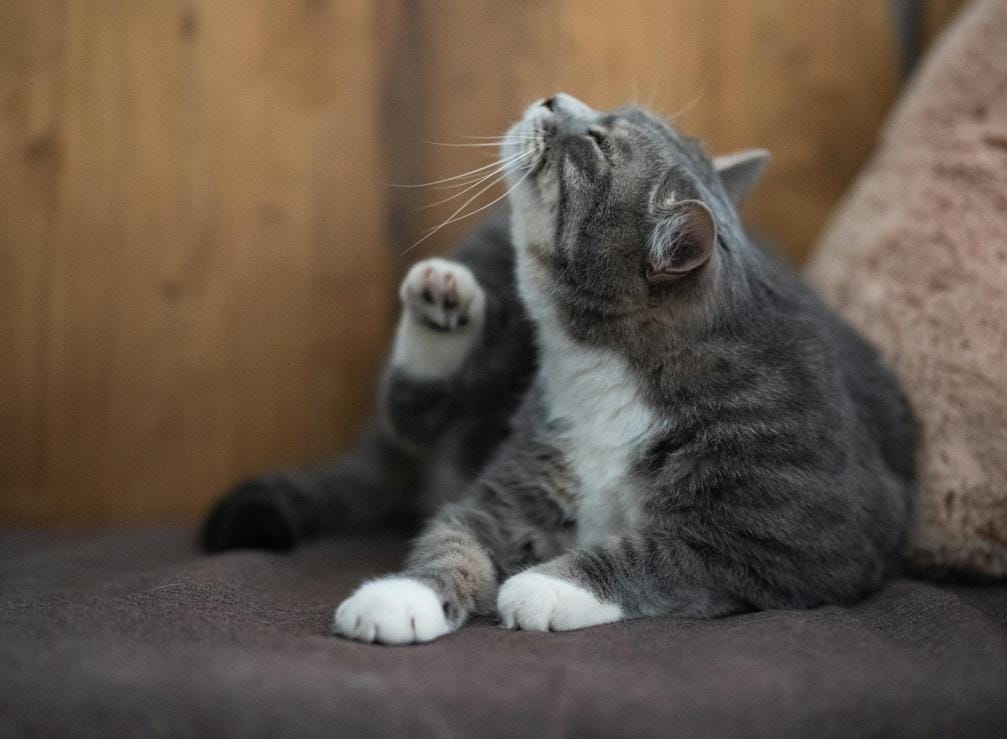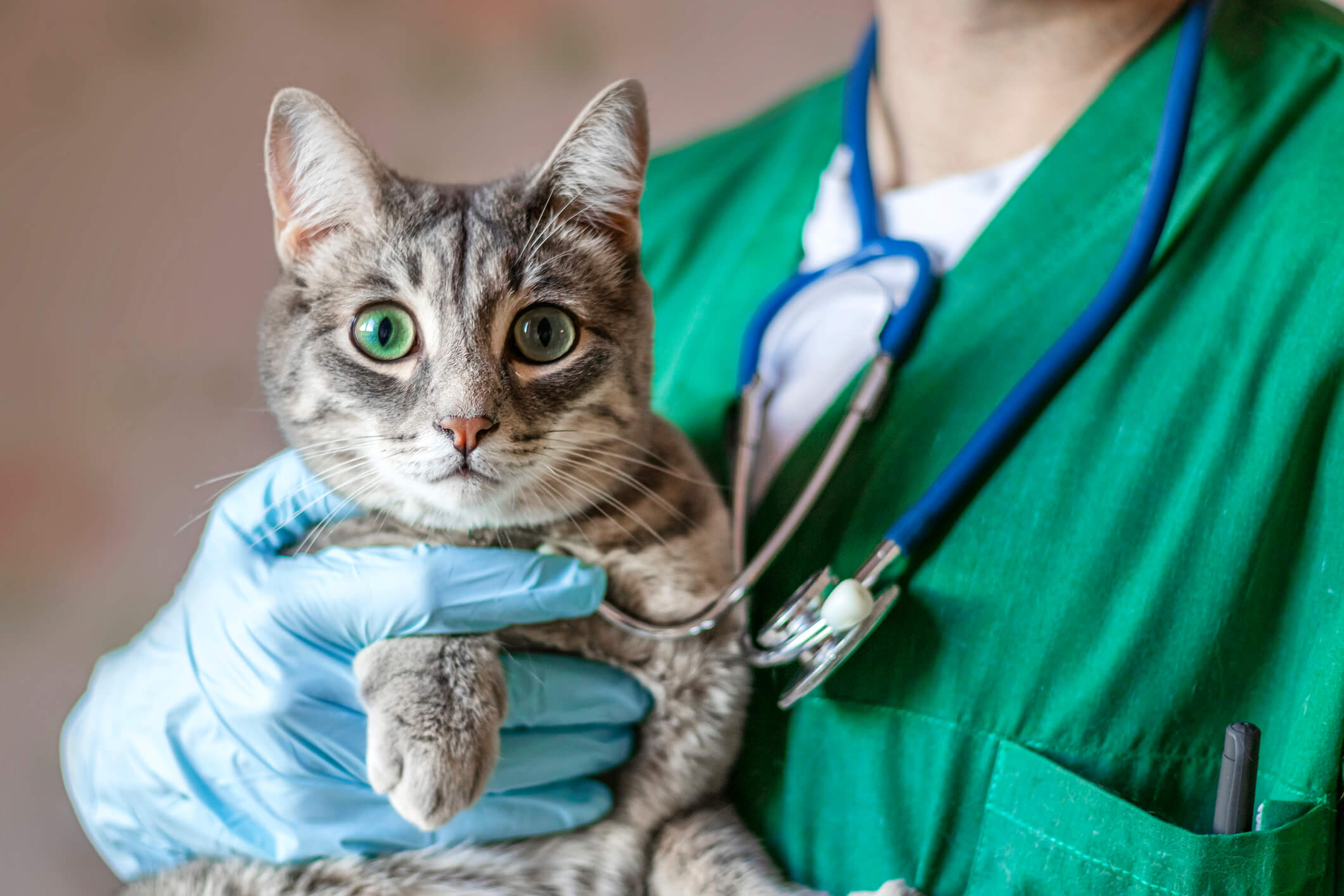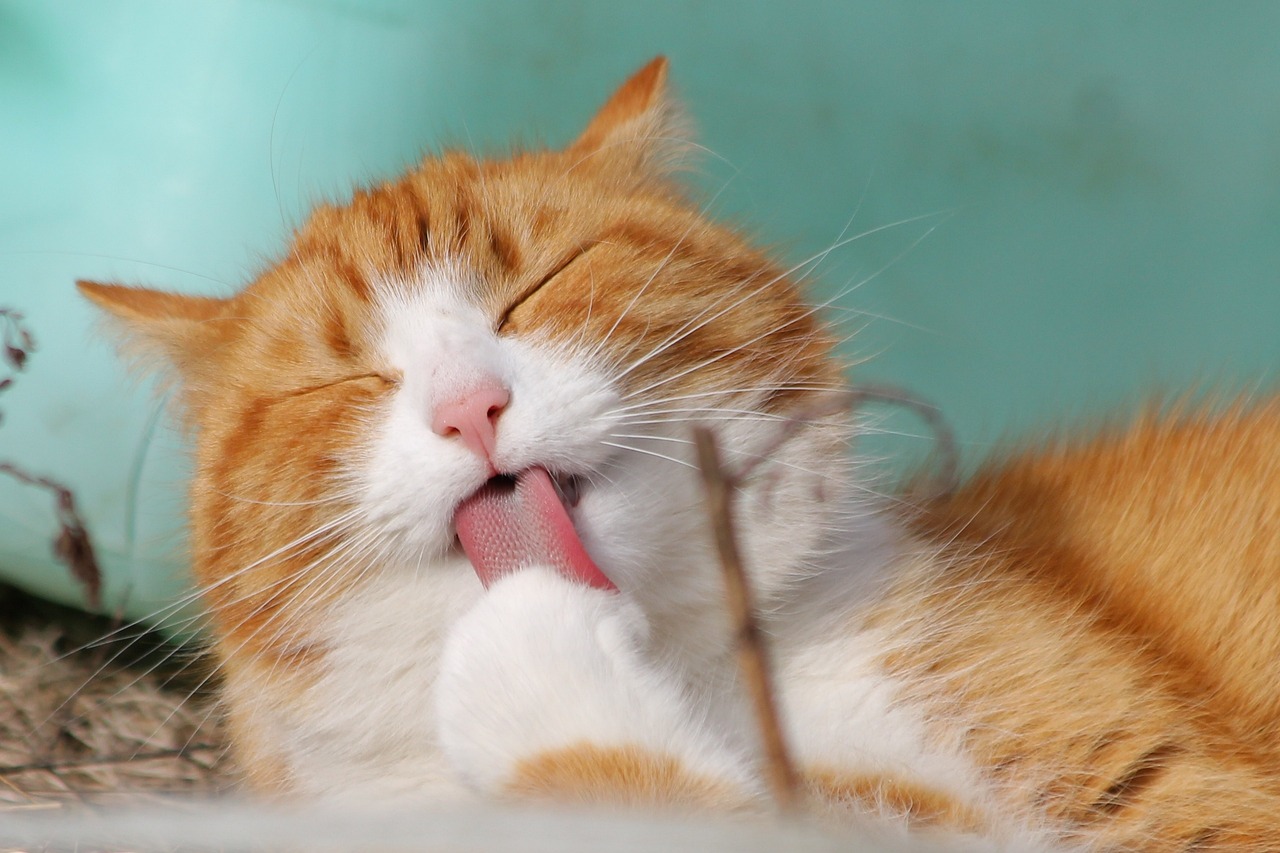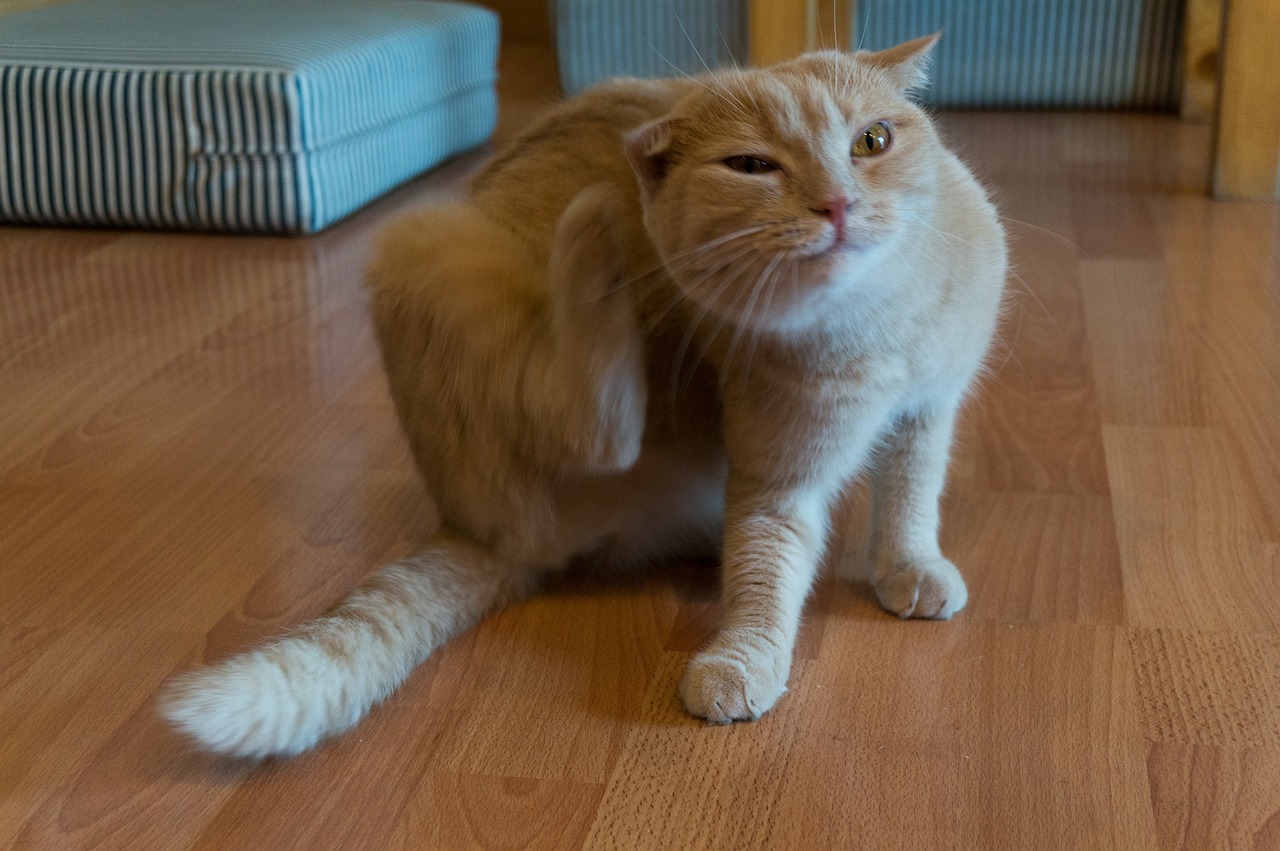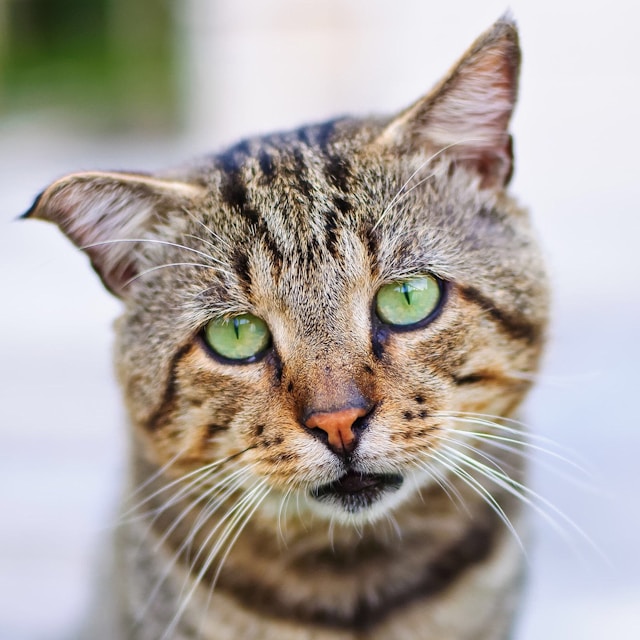Siberian
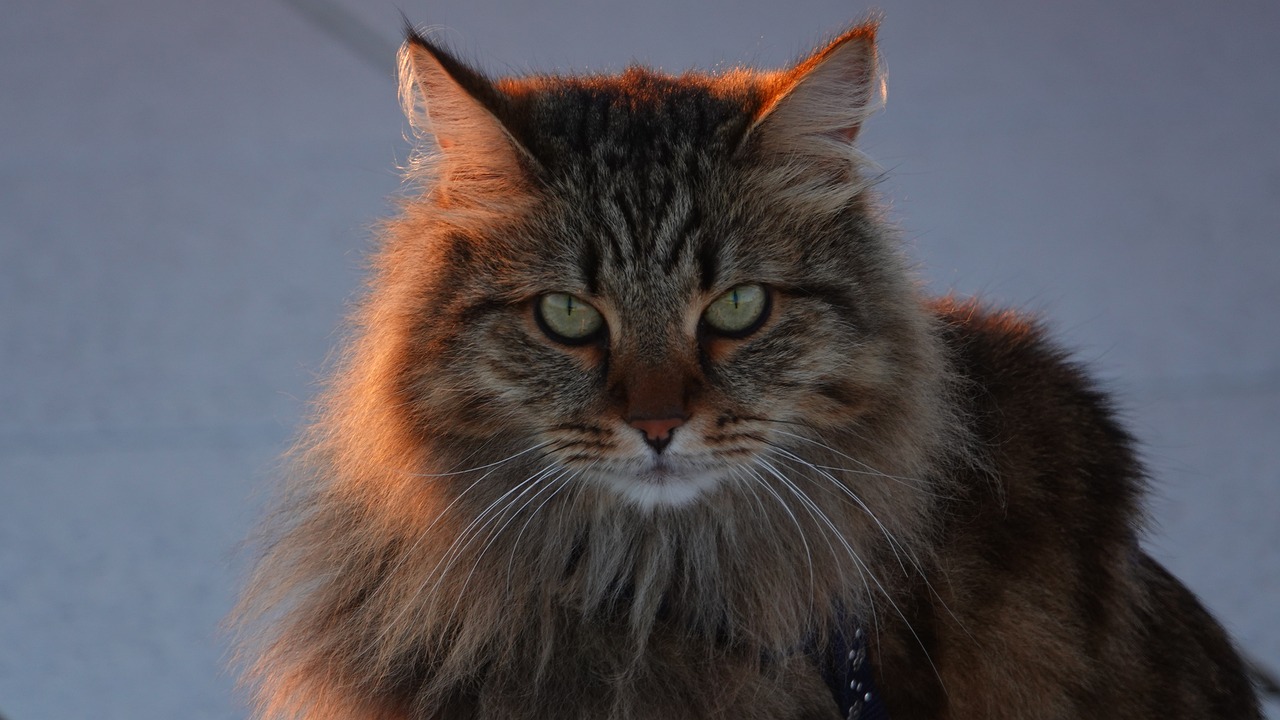
| Official Name | Siberian |
| Common Name | Siberian |
| Pet Height | 10 to 12 inches |
| Pet Weight | 12 to 15 pounds |
| Lifespan | 8 to 10 years |
| Good With | cats, children, dogs, families, seniors |
| Temperament | affectionate, bold, sociable |
| Intelligence | high |
| Shedding Amount | seasonal |
| Playfulness | high |
| Energy Level | active |
| Vocal Level | quiet |
| Coat Length | long |
| Colors | black/ebony, blue/gray, chocolate/brown/sable, cinnamon, cream/beige/tan, fawn, lavender/silver, lilac, red/orange, white |
| Other Traits | easy to train, friendly toward humans, friendly toward other pets, friendly toward strangers, good lap cat, high prey drive, hypoallergenic, requires lots of grooming, strong loyalty tendencies, tolerates being picked up |
As their name suggests, Siberian cats come from Siberia, a cold and rugged region in Russia known for its long, freezing winters. Because of this, they've developed a thick, weatherproof triple coat and strong, sturdy bodies to help them thrive in harsh conditions.
Despite their tough appearance, Siberians are playful and kitten-like in nature. They're gentle and loving and enjoy snuggling with their owners. They form strong bonds with their families and are generally good with children and other animals.
If you're looking to bring home a Siberian kitten, they usually range in price from $1,200 to $4,000, depending on factors like their lineage and age. The high price comes from their rarity—purebred Siberians are in high demand, but there aren't many of them outside of Russia, especially in the U.S.
We consulted a veterinarian to provide more insights into the Siberian cat's personality, living requirements, care, and potential health issues.
Appearance
Siberian cats are built to handle the harsh winters of Siberia. With their muscular bodies and thick, water-resistant, triple-layered coats, they are built to handle the harsh winters. Despite being medium-sized, they often feel heavier than they look due to their sturdy build.
These cats have long, luxurious fur in almost every color, including white, black, red, blue, and silver. Their coats can also feature various patterns like smoke, tabby, calico, tortoiseshell, and bi-color. As for their eyes, they typically have golden, green, or copper shades, while white Siberians may have striking blue eyes.
Given their dense fur, it's no surprise that Siberian cats shed quite a bit. In fact, they go through a molting process twice a year—shedding their winter coat in the spring and their summer coat in the fall.
Interestingly, despite all that shedding, Siberians are considered "hypoallergenic" because they produce less of the protein (Fel-d1) that triggers cat allergies. However, this doesn't mean they're allergy-proof. According to Kirsten Kranz, director of Specialty Purebred Cat Rescue, while some people with allergies may find Siberians more tolerable, that's not the case for everyone. She explains, "We see people who adopt Siberians but still have allergic reactions, so it's definitely not a guaranteed solution."
If you're thinking of getting a Siberian, it's a good idea to spend time around them first to see how your allergies respond before bringing one home.
Personality
Siberian cats are known for being incredibly affectionate and playful. What makes them unique is that they take their time maturing physically and emotionally. It can take up to five years for a Siberian cat to fully grow up, which means they spend a good chunk of their early years acting like kittens.
Despite their playful nature, Siberians are generally calm and quiet. When they do make a sound, it's often a soft purr or chirp to show affection to their favorite humans. And when it comes to people, Siberians aren't picky—they love just about everyone. These cats are great with children and other pets, making them the perfect addition to any family.
According to experts, Siberians are gentle, moderately active, and have sweet personalities. Although they are a rare breed, they are often described as being just as friendly as more common domestic cats.
Always up for an adventure, these cats enjoy a good challenge. They are natural hunters and skilled mousers, often prowling around in search of any unwanted rodents. When they're not on the move, Siberians love nothing more than curling up on your lap for a good cuddle.
Living Needs
Siberian cats are known for their affectionate and social nature. They love being around people and don't enjoy being left alone for long periods. Because of this, they thrive in homes where someone is usually present to play and interact with them. These cats are very friendly and tend to get along well with kids and other pets, making them a great addition to family households.
Siberians are also quite smart and enjoy activities that challenge them, so it's a good idea to provide plenty of toys and interaction to keep them active and entertained. They're just as happy to snuggle up on your lap for some downtime when they're not busy playing.
Originally from the outdoors, Siberian cats have retained some of their natural instincts. Many of them have a surprising love for water, so don't be shocked if your cat wants to join you in the shower or bath! They also enjoy exploring outside on a harness or simply soaking up the sun from a cozy spot like a catio.
Care
Siberian cats need regular care to stay healthy and happy. According to Dr. Natalie L. Marks of Vet Scoop, it's important to brush them at least three times a week to avoid matting. Their thick triple coat is water-resistant, meaning they rarely need baths.
In addition to grooming, you should also trim your Siberian's nails and clean their ears and eyes regularly. Keeping them active is just as crucial. Providing toys and a cat tree and spending time playing with them will keep their minds sharp and bodies in shape. As Dr. Marks points out, Siberians are athletic and need both mental and physical stimulation.
These cats are also highly intelligent and can quickly learn to use a scratching post and litter box. Because they are on the larger side of medium-sized breeds, ensure their litter box is roomy enough for them. You can even train them to do tricks!
Siberians have loving, social personalities, making them great with kids, other cats, and even dogs. When it comes to feeding, give them high-quality food and monitor their portions to prevent overeating. Your vet can guide you on the right amount to feed them.
Health
Siberian cats usually live around 8 to 10 years and are generally considered healthy. However, according to Marks, they do have a slightly increased risk of a heart condition called hypertrophic cardiomyopathy (HCM), where the heart muscle thickens and doesn't function as well as it should.
Responsible breeders often check kittens for health issues, but it's still a good idea to have your cat tested regularly as they grow older. Conditions like HCM may not show up until later in their life.
Exercise Requirements
Siberian cats are known for their playful and energetic nature, especially when they're young. Although their activity levels may slow down a bit as they age, they tend to keep their kitten-like curiosity and love for play well into adulthood.
These cats are always up for a game, whether chasing after toys or climbing to new heights. A sturdy cat tree is a great idea to keep them entertained and active. They enjoy a variety of toys, from feather wands to toy mice, and unlike many cats, they might even have fun with water. It's a good idea to introduce them to water while they're still young if you'd like them to enjoy it.
Because Siberians can be prone to gaining weight, keeping them moving is important. You can't just leave them to entertain themselves all day and expect them to get enough exercise. Instead, it's best to spend time actively playing with them. Interactive toys, like feather wands, are a great way to engage them and encourage their natural instincts to run, chase, and pounce.
If you can't always be there to play with them, automatic or mechanical toys can keep them busy. For cats that are particularly active or dealing with weight issues, these toys can make a big difference in helping them stay fit and healthy.
Training
Siberian cats are known for being smart and social, which makes them fairly easy to train. If you start while they're young, you can teach them a wide range of tricks! One of the best skills to focus on is teaching them to walk on a harness. Not only does this help with exercise and socialization, but it also allows you to safely take them outdoors. Walking on a leash gives them the chance to explore new sights and experiences.
You can also train them to follow basic commands like "sit" and "stay." While they may not pick things up as quickly as dogs, Siberian cats can still learn with patience and consistency over time. Just be sure not to push them into training if they're not in the mood. It's better to wait until they're more interested and willing.
When it comes to training methods, you can use similar approaches to those used for dogs. Many Siberian cats are food-motivated and will happily work for treats. Others are more playful and may respond better to rewards like their favorite toys.
History
The Siberian breed has truly stood the test of time. According to the Siberian Cat Club (SCC), these native Russian forest cats have been around since at least the 13th century. Some experts even believe that Siberians might be the ancestors of all the long-haired cat breeds we know today.
Over time, these wild, long-haired cats became more domesticated, seeking shelter in human homes during Siberia's harsh winters. People were happy to have them around for their warmth, impressive hunting skills, and gentle, friendly nature.
Siberian cats first appeared in European culture at cat shows in the early 1800s. However, they didn't make their way to the U.S. until the 1990s, and even now, they remain a relatively rare breed.
Fun Facts
The Siberian cat is Russia's national feline. In the 2016 movie Nine Lives, where Mr. Fuzzypants is one of the key characters, five Siberian cats were used to bring him to life.
Get insurance plans with wide-ranging coverage options








